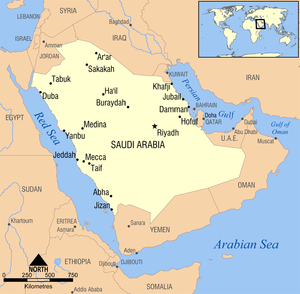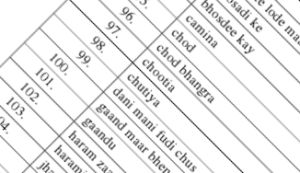Saudi Arabia Implements SMS–Tracking System
By?Kharunya Paramaguru?Nov. 24, 2012
?
HASSAN AMMAR / AFP / GETTY IMAGES?Saudi women have few travel choices: they either must take a taxi or have a male companion drive. But a new campaign encourages women to flout the ban.

Reports emerged of the system last week when?Manal al-Sherif, a women?s rights campaigner who has urged women to defy the driving ban, was alerted by a husband who received a message from the immigration authorities advising him that his wife had left the international airport in Riyadh. He happened to be traveling with her.
(MORE😕IKEA Edits Women Out of Saudi Arabian Catalog)
Women are treated as legal minors in the Saudi guardianship system, requiring permission from their male guardian if they want to work or study. Women who want to travel outside the country need their male guardian to sign what is known as a ?yellow sheet? at the airport or border.
Badriya al-Bishr a columnist critical of the Kingdom?s conservative interpretation of Islamic law,?said to the AFP?that women were being held under a ?state of slavery?,?adding?that ?this is technology used to serve backwardness in order to keep women imprisoned.?
The system notifying male guardians that their dependents?which includes their wife, children and foreign workers sponsored by them?had left the country appears to have been in place for a couple of years now.?Ahmed Al Omran, a Saudi blogger, explains that?it appears that this service, which in the past was an opt-out service, is now reaching those who had previously registered their details with the Ministry of Interior.
?The problem is not that there is now an electronic system that sends an SMS when women travel,??writes Omran. ?The problem is that the government is enforcing rules of male guardianships even on the rest of us who don?t believe in such rules.?
There are signs that the Kingdom is slowly changing its approach to the rights of women. Last year King Abdullah granted women the right to vote and run in the 2015 municipal elections. What impact that will have on the guardianship system however is yet to be determined.


